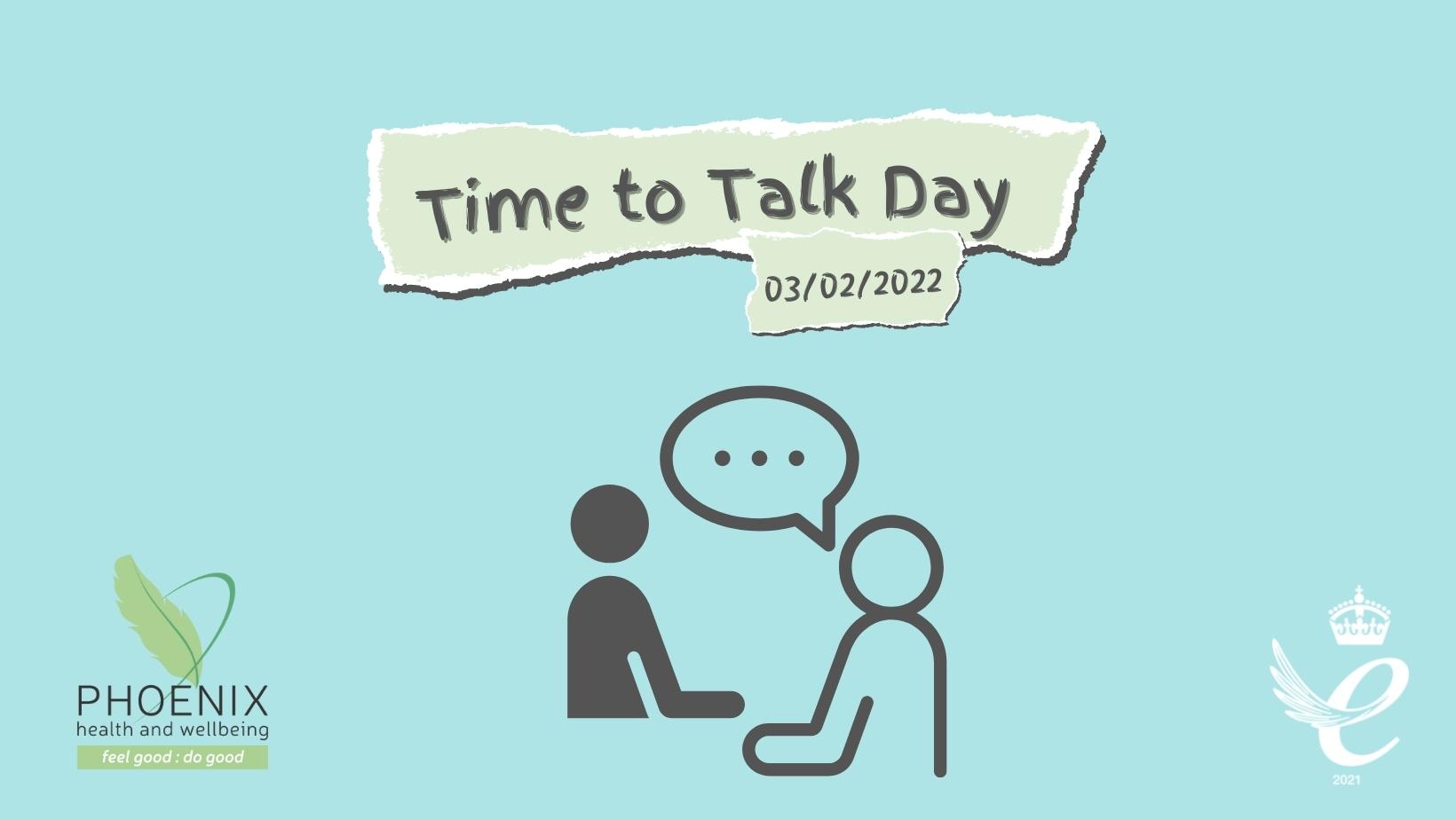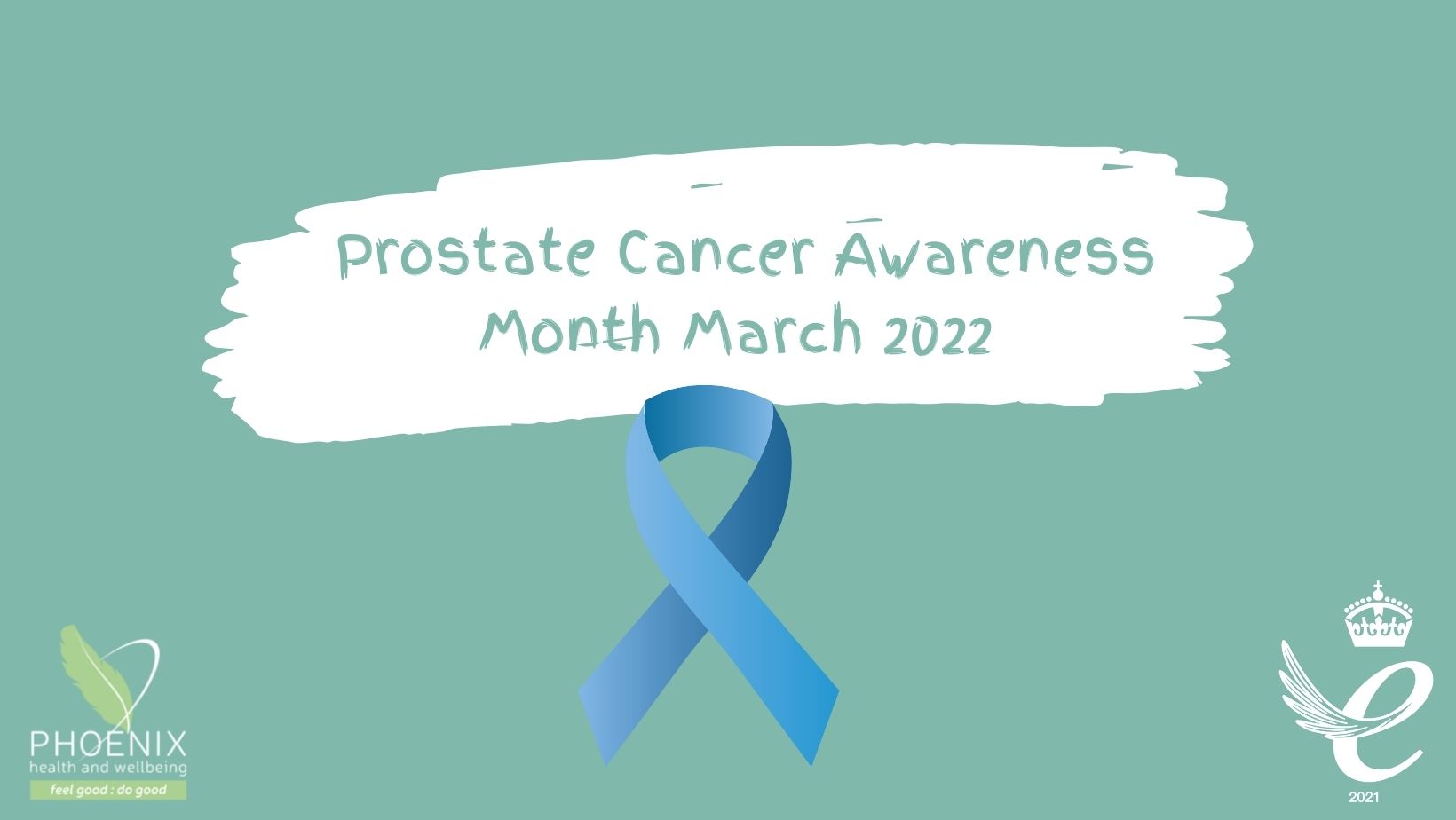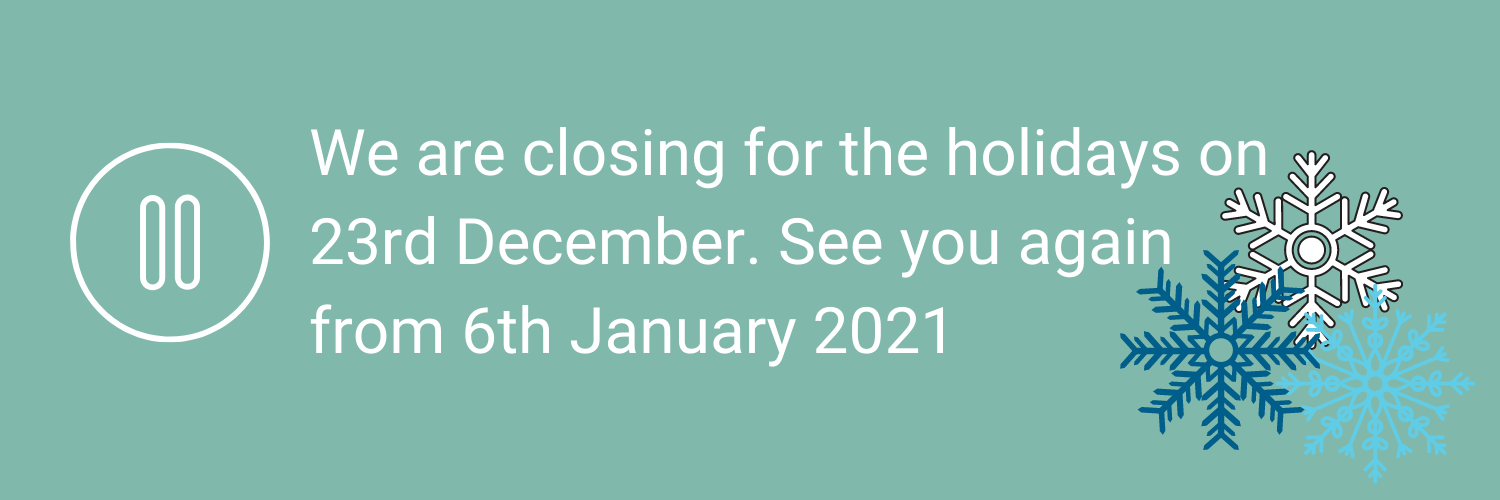
Time to Talk Day: Widening the conversation through social media
What is Time to Talk day?
Time to Talk day is a national campaign focusing on mental health and the conversations we have about it. It encourages us to share our experiences, ask others how they feel and to destigmatise these types of conversations. As Rethink Mental Illness writes, “conversations have the power to change lives”. The question is, how can we destigmatize mental health conversations? For me, it’s through the one thing we see, hear, and talk about all the time: media.
The mental health conversation
So what does the mental health conversation currently look like? As someone in their early 20s, my experiences of these conversations will certainly be different to those older than me. Words that were previously absent from daily life are ones I’ve grown up with – ‘anxiety’, ‘depression’, ‘trauma’, ‘disassociation’ – all words that I can use to define how I feel, integrated into our everyday conversations. For me personally, the space that I see these words most often is on social media. Before this though, the only real representation of mental health problems that I remember seeing was the only media that was available to me growing up: TV and Film.
Mental health on the big screen
Whilst representation in film and TV is important, often we can find damaging stereotypes and narratives that are not representative of real-life struggles. Pre-social media, films and television offered a depiction of people with mental health problems that were often problematic. In many of these films, characters with mental health struggles were defined by their diagnoses – they existed solely for the purpose of showing their difference to their ‘normal’ counterparts. If the character with mental ill-health wasn’t cast as the villain, (which is a very common trope, think Pyscho, Fatal Attraction or Split), they instead showed a narrative in which the characters would ‘overcome’ their problems or ‘get over’ their feelings by the end so as to fit in with everyone else (think A Beautiful Mind, Silver Linings Playbook or Perks of Being a Wallflower). Instead of helping the conversation, a lot of mainstream cinema actually helps to stigmatise mental health problems.
Widening the conversation
For me, social media marked a change in the conversation. Instead of these damaging representations, I could read an Instagram post about the science behind my anxiety, or a YouTube vlog of someone the same age as me expressing feelings that I thought I was alone in experiencing. Suddenly it’s open to all – anyone and everyone can post about their own individual experiences, not just the movie makers trying to push an agenda about what it means to be ‘normal’.
The time for talking is now constant – anyone’s voice can be heard, explaining and sharing unique experiences of mental health. From watching films in which mental health problems were the defining feature of someone’s character, to a world in which any individual – friends, colleagues, acquaintances and strangers from around the world can share their mental health experience with so many people, is what I think makes social media so special.
Too many voices?
Of course, there are downside to social media. We’re all familiar with the argument that social media can be bad for our mental health, with its unachievable beauty standards and the way it makes us compare ourselves to others. I can often feel, at times, lost amongst the many voices. In some ways, the sheer amount of voices that now have a platform to speak can make our struggles feel less unique – as Mind charity states, 1 in 4 of us will experience mental health problems in any given year. Because seemingly everyone has mental health issues now, then sometimes it feels as if we are simply expected to get on with it. If everyone’s got mental health problems, then do mine matter?
Every voice matters!
The answer is of course they do. Everyone’s individual experiences of mental health problems are unique to them. Whilst social media might make it seem as if everyone’s simply getting on with it, it’s not the case. It’s important to ask for help when you need it. The comfort we can find, is that we are not alone in our struggles.
Social media can be an overwhelming and at times unfriendly place, but campaigns like Time to Talk day are so important for letting people know that there is always room for your voice to be heard. Something as simple as seeing a post, sending a message or liking a video from someone who has the same experiences as you can make the world feel a little less isolating. Your struggles, big or small, are just as important as anyone else’s, and the solidarity in knowing that other people are feeling the same as you can make a big difference to someone who feels alone.
So whilst it’s easy to dismiss social media for all the ways in which it can be harmful, we should also try see it as a coming together of people from all around the world to express themselves in new and meaningful ways. Time to Talk Day is just one example of countless campaigns, strengthened by social media, that could really make the difference to people.
If you need to step away from the screen, then that’s ok. I delete my social media apps regularly, because sometimes it feels too much. But it’s also great to remember that for some people, knowing that others are going through it too is exactly what they might need. However we are comfortable with talking – in person, through the phone, posting an Facebook, liking a TikTok – it’s time to talk about mental health in every way we can.
Phoenix Health & Wellbeing is a Charity and social enterprise. We use the proceeds of your treatment to subsidise those who would not otherwise be able to access our therapies. Roughly £4 to every £10 spent with us will go to help others.
If you would like more information about Phoenix Health and Wellbeing click here . If you would like to know more about our other therapies click here. For information on our charitable work follow this link or call us on 0113 234 0181
Opening times:
Monday to Thursday from 10:00 to 20:00
Friday and Saturday from 11:00 to 16:00
Sunday closed.




